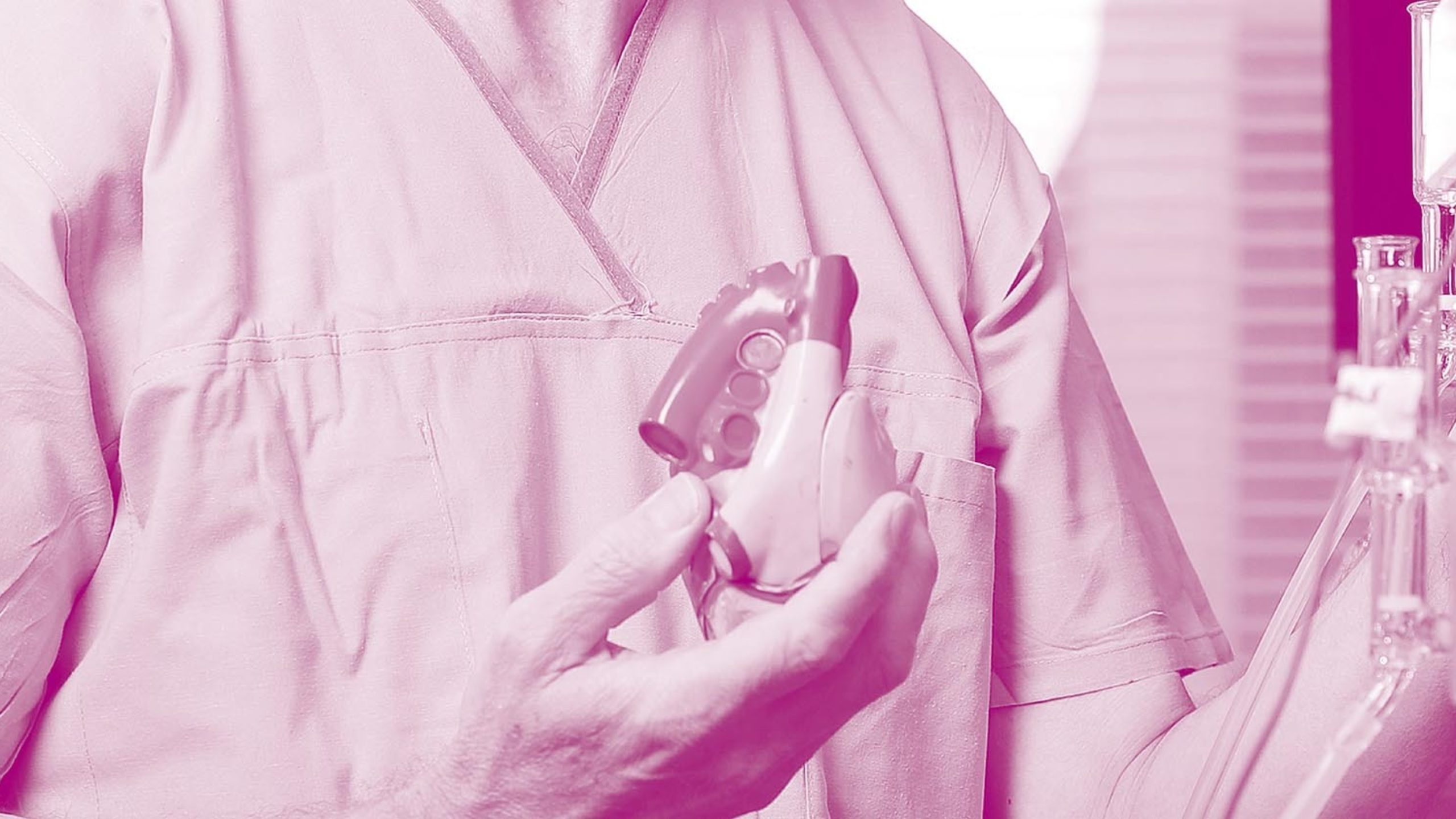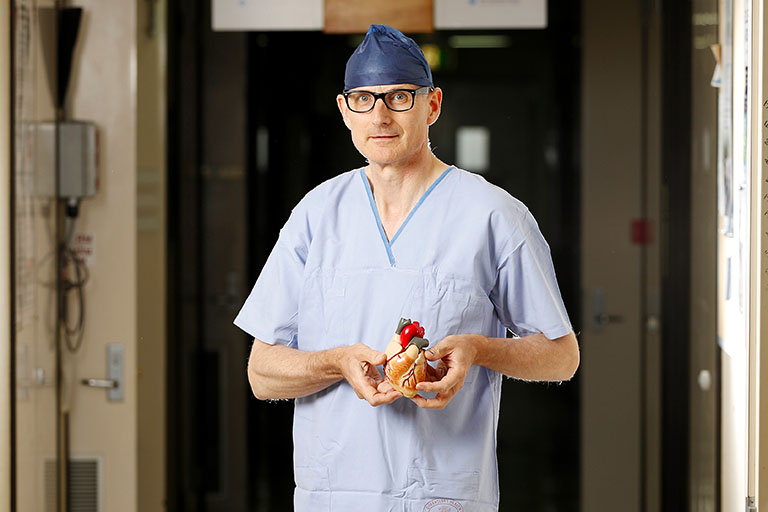
Let's Attack
Heart Disease
Heart disease impacts over 90% of our community. From extending the life of donor hearts, to developing new drugs to prevent acute heart failure, your time can back life-saving research into the prevention and treatment of heart disease.
Did you know that heart disease is the single leading cause of death in Australia?
Our talented researchers are dedicating their careers to tackling heart disease to improve the lives of Australians.
Amazing medical research and innovations in the prevention and treatment of heart disease are in reach. Research such as new drug treatments, new transplant techniques and new diagnostic tools to help in the fight against heart disease.

Recent projects
Keeping donor hearts alive for longer
Dr Louise See Hoe – Critical Care Research Group
This project is revolutionising the way that donated organs are transported.
Dr See Hoe has spent more than four years of pre-clinical research investigating the use of a novel hypothermic ex vivo perfusion (HEVP) device that allows a donor heart to be rejuvenated before surgery. Until now, a donor heart would be transported in an ice slush, a practice that has remained relatively unchanged for more than five decades and only preserves the donor heart for around four hours before the quality of the heart decreases.
Louise’s research instead involves keeping the heart ‘alive’ via HEVP with a nutrient rich solution called perfusate. It keeps the heart muscle cool and supplies it with oxygen, extending the length of time the heart is viable.
HEVP means that a donor heart can potentially be transported from Brisbane to Perth, and maybe even overseas.
Preventing acute heart failure through new drug development
Melanie Spratt – PhD Candidate and member of the Cardiovascular Molecular Therapeutics Translational Research Group
Melanie’s research involves working on the use of different drugs to see if they can treat heart arrhythmias. Arrhythmias are a life-threatening condition that people with existing heart conditions can experience, which can lead to sudden death. This project involves exposing tissue samples to different medications in the hope that soon, new drug treatments will be able to be developed to save the lives of those with heart failure.
Reducing postoperative complications through improved graft storage
Dr Andrew Haymet – PhD candidate, Critical Care Research Group
Coronary artery bypass graft surgery (CABG) is a procedure used to treat people with coronary artery disease which can result in a heart attack. One way to treat a blocked or narrowed artery is to bypass the part of the artery which is blocked with a piece of healthy blood vessel, referred to as a graft.
Dr Haymet is investigating a simple intervention of storing the grafts in a special solution to try to reduce the rates of early bypass graft failure which may lead to serious consequences such as a heart attack or a threatened leg.